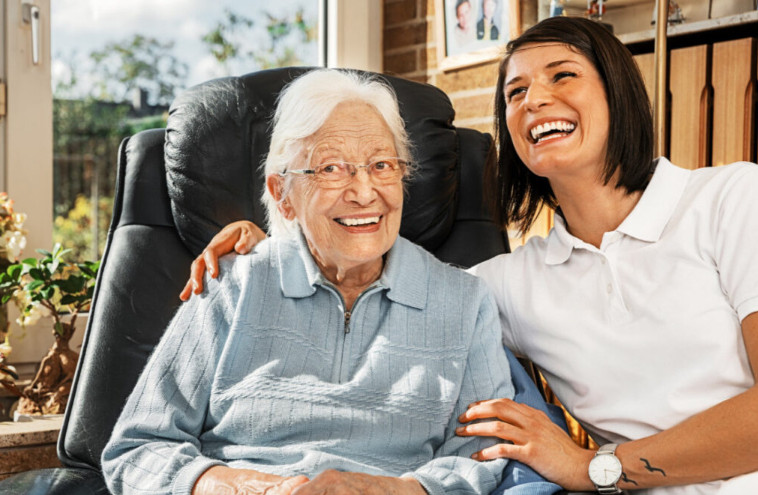The Best Ways to Encourage Older Patients to Eat Better Foods
Many people vow to eat better and lose weight to improve their quality of life. Unfortunately, most people fail to live up to those vows. They might go to the gym and eat vegetables for a week before returning to their unhealthy lifestyle. It isn’t until they suffer a health crisis that they finally realize the error of their ways.
Older adults are at the highest risk of suffering health problems. That is why primary care physicians need to have a realistic conversation with their older patients by encouraging them to eat more nutritious foods each day. You must explain the importance of nutrition to your senior patients and how their eating habits profoundly affect their health.
It will take a bit of motivation before your older patients listen to you. But if you can convince them to eat better before they develop a health crisis, you can feel good about yourself as their doctor.
Motivational Interviewing
Motivational interviewing is the key to convincing senior patients to change their eating habits. Primary care doctors don’t usually engage in motivational interviewing to advise patients. They maintain a strict doctor-patient relationship where the doctor gives instructions, and the patient is supposed to follow those instructions.
Of course, the senior patient will likely be stubborn and not follow the advice until too late. But when the motivational interviewing technique is used, it establishes a partnership between the doctor and patient. The doctor doesn’t list a series of instructions for the patient to follow. Instead, the patient and doctor collaborate to find an agreeable solution for both parties.
Here are some tips for conducting a motivational interview with a patient:
- Seek permission from the patient before sharing any information with them
- Show the patient you are actively listening and reflect on what they are saying
- Ask open-ended questions to the patient
Numerous research studies have proven the advantages of using motivational interviewing to treat patients. Not only does it help build trust between the patient and doctor, but it also increases the chances of the patient making healthier changes to their lifestyle. And if the patient ever gets frustrated from not seeing fast results, the doctor can help calm them down and discuss the circumstances. Then, perhaps some modifications can be made to their healthy lifestyle plan.
Why is Motivational Interviewing Effective on Seniors
Primary care physicians don’t like to talk about weight and nutrition with their senior patients because they are sensitive subjects. Yet, despite this, senior patients have an inner desire to want to control their weight and develop healthier eating habits. They just won’t talk about it with their doctor unless they have developed trust for them.
The best way to start a conversion with a senior patient about weight and nutrition is to ask permission. For example, if you weigh the patient and notice their weight has increased, you could ask them something like: “You seemed to have gained five pounds since the last time I saw you. Would you like to talk about that?”
Asking permission makes patients feel more comfortable because they don’t feel pressured. So if the patient agrees to talk about their weight, you could ask them about their health goals. Some examples include: “Would you like to become healthier?” “What weight would you like to be at?”
Listen to their answers carefully. The patient will probably tell you they want to lose weight or change their eating habits to control their diabetes or another underlying health condition. Once they tell you what they want to change about their health, ask them why. They will probably talk about their fears of developing a disease or cancer.
Now, you can offer recommendations on how the patient can prevent their biggest fears from coming true. For example, if they are worried about diabetes, provide them with information on how reducing their sugar intake can help them overcome or prevent the disease. It may take a few sessions to win them over, but that is okay because it’s all about developing trust.
Create a Path of Patient Success
The goal of your motivational interviewing is to create a path of success for your patients. You do this by advising them about their biggest concerns regarding their health and wellness. Learn what they are concerned about and why they are concerned. Then gradually suggest ideas and alternative lifestyle habits to help them avoid the diseases they worry about getting.
Contact Us
Primary Medical Care Center offers value-based care rather than fee-based care. Our goal is to help patients conquer their health problems so they won’t need to keep coming back. You can trust our primary care physicians to give you realistic advice that targets your actual health problems rather than the symptoms. That is the benefit of value-based care.
Would you like to learn more about motivational interviewing and how we use it at our Primary Medical Care Center facilities? Call us at (305) 751-1500 to talk with one of our professional staff members.
